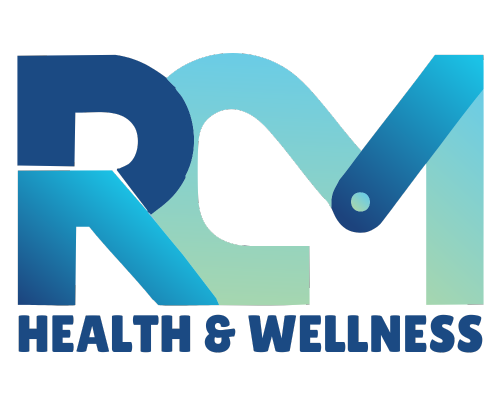Note: This is for informational purposes only. For medical advice or diagnosis, consult a professional.
Short cold showers, typically lasting between 1-3 minutes, can offer a surprising range of potential health benefits. While research is ongoing, some of the most promising areas include:
Hormonal:
- Increased endorphins: Cold water exposure triggers the release of endorphins, natural mood boosters that can alleviate pain and improve overall well-being.
- Stress reduction: Cold showers can help regulate cortisol levels, the hormone associated with stress, potentially leading to improved stress management over time.
Skin:
- Improved circulation: Cold water constricts blood vessels, reducing inflammation and promoting blood flow to the skin’s surface, potentially leading to a healthier glow.
- Reduced dryness: Cold water can help tighten pores and prevent the skin from losing too much oil, potentially reducing dryness and irritation.
Blood Chemistry:
- Increased metabolism: Cold exposure can stimulate the body’s metabolic rate, potentially aiding in weight management and energy production.
Blood Sugar:
- Improved insulin sensitivity: Some studies suggest that cold water immersion may improve insulin sensitivity, potentially aiding in blood sugar regulation.
Joint Health:
- Reduced inflammation: Cold water can constrict blood vessels around joints, reducing inflammation and potentially alleviating pain associated with arthritis or other joint conditions.
Brain Function:
- Increased alertness: Cold water exposure can stimulate the nervous system, increasing alertness, focus, and cognitive function.
- Improved mood: The release of endorphins and the reduction of cortisol can contribute to improved mood and a sense of well-being.
Bone Marrow Stimulation:
- While research is limited, some studies suggest that cold water exposure may stimulate bone marrow production, potentially increasing the production of red and white blood cells.
Potential Stem Cell Production:
- Some proponents suggest that cold water immersion may promote stem cell production, but more research is needed to confirm this claim.
Possible Negative Side Effects:
- Cold shock response: Sudden immersion in cold water can trigger a gasp reflex and rapid heart rate increase, potentially dangerous for individuals with heart conditions.
- Hypothermia: Prolonged exposure to cold water can lead to hypothermia, a dangerous condition where the body loses heat faster than it can produce it.
- Increased risk of illness: While some believe cold showers can boost the immune system, others argue that they may temporarily suppress it, potentially increasing the risk of illness.
Important Considerations:
- Start gradually: Begin with short bursts of cold water at the end of your regular shower (10-15 seconds) and gradually increase the duration (up to 3 minutes) and frequency. Take several deep breaths before stepping into the cold water.
- Listen to your body: If you experience any discomfort or negative side effects, stop taking cold showers and consult with your doctor.
- Consult with your doctor: If you have any underlying health conditions, especially heart problems, consult with your doctor before trying cold showers.
Bibliography of Reliable Sources:
- Shevchuk, N. A. (2003). “Adapted cold shower as a potential treatment for depression.” Medical hypotheses, 61(5-6), 629-631.
- Srámek, P., & Simeckova, M. (2010). “The impact of cold-water immersion on autonomic nervous system responses in humans.” European journal of applied physiology, 109(2), 249-254.
- Leppänen, J., Maukonen, M., & Hassi, J. (2016). “Cold-water immersion in the treatment of depression.” Complementary therapies in medicine, 24, 18-22.
Disclaimer: This information is intended for general knowledge and informational purposes only, and does not constitute medical advice. It is essential to consult with a qualified healthcare professional for any health concerns or before making any decisions related to your health or treatment.
